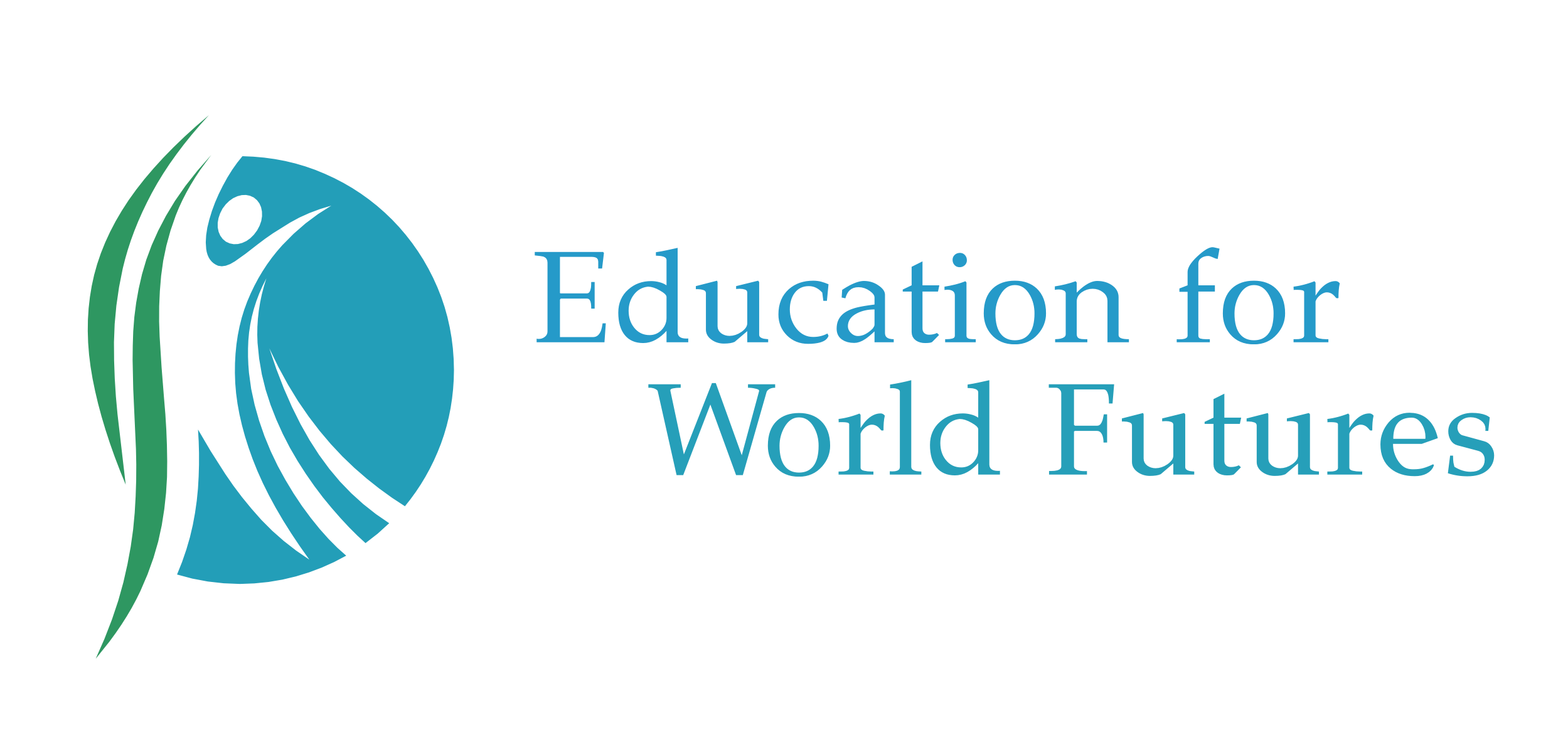Authorship is rapidly approaching unity!
This post was first written in 2017 but it still seems relevant now, perhaps more so, and so is repeated with a few minor emendations. It is part whimsy and part prophetic although with the explosion of IT the prophetic rapidly becomes the historical. It was stimulated when I was asked by Angela to read Fitzpatrick, K. (2011) THE DIGITAL FUTURE OF AUTHORSHIP: RETHINKINGORIGINALITY I spent about 30 minutes on the article. It said a lot to me and probably a lot more to others who don’t have my slow reading and limited attention span problems. Six pages is about my limit probably conditioned by my science background (although 6 pages is not too bad: it represents an awful lot of tweets!). I took away some ideas that were important to me. Here they are; I hope that I have not misrepresented Fitzpatrick and apologize for not commenting on or developing many of the other excellent ideas in that paper.
I think one of Fitzpatrick’s key ideas is that authorship and originality and ownership of ideas expressed in print or digital media are taking a bit of a battering since all information; past and present is so accessible online. But to me this is simply stating what always was in the old pencil, print and paper era: It has simply become just that much more so with IT. The ‘view’ of Newton’s that ‘if I can see more it is because I stand on the shoulders of giants’ sums it up well. I take the view that any good idea that I might express is probably the reworking of others with little if any working of my own. So, as a poor facsimile of Newton living in the present digital age I would say “if I can see just a little more than some, it is because I stand on the shoulders of a myriad of intellectual midgets”’. Now before anyone wants to bite me on the intellectual ankle, let me assure you that I am just one of the midget myriad but as such I am also one of a major interconnected intellectual power: the digital wisdom of the commons.
But I do have a problem with this. There are now 7000000000 people in the world of which say 1000000000 can or soon will be adding to the digital noise emanating from this planet and impinging onto our human non digitized brains that really are not well adapted to being assaulted in this way. Not only that but these 1000000000 people are likely to not just add their own digitized thoughts to this digitized primal slime of ‘information’ bits or tearabits (sic) but they also repeat the bits of others ‘tweets’ or whatever. Even more frightening; soon we may well have computer programs that can themselves, without the aid of humans, search for and rework and synthesise the existing human digitized thoughts floating around the web to produce ‘author’, an infinite variety of yet more digitized thought contributions. The ever increasing mass of digitized verbiage masquerading as original ideas or value added contributions will rapidly approach unity.
Crazy? No it is already here. The blockbuster book is written to a formula with very little original human input. The ‘author’ does need to meld a bit of ‘original’ research, gathered from a team of out of work BA honours students and as directed by the publisher, fit the BA hons research and any minimal ideas of the author to the apparent taste or lust of the client (reader). Very soon the ‘author’ will be able to dispense with the BA Honours staff (the computer will provide the research) and also the publishers advice (computer algorithms will be able to sample the client’s reading (and perhaps full profile or soul) and establish just what the client is looking for and thus just what the ‘author’ must write about).
I digress. The answer of course is that I agree with Fitzpatrick: digital technology is making us think what authorship is all about. I go further with asking what profit will there be in endless proliferation of digitized thoughts, be they human or computer authored? How can we make sense of it all and in keeping with the prime purpose of this blog spot, Education for World Futures, how can we use it wisely?
The last question is the easiest. Our unique job as global educators right now is to try to selectively capture at least some meaning from the digital mess of authored information and ideas, add a little wisdom from our own personal experience and psyches and integrate these two with the capacities, propensities and experiences of our students to hopefully allow them and us to think more clearly about our humanity, the world we live in and the world we would like to have.
